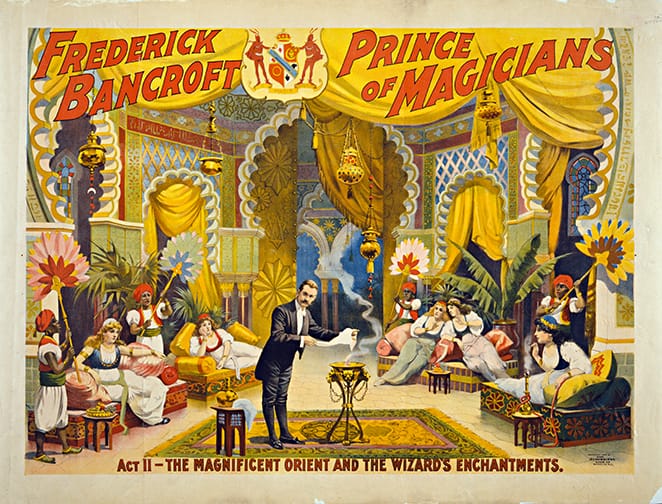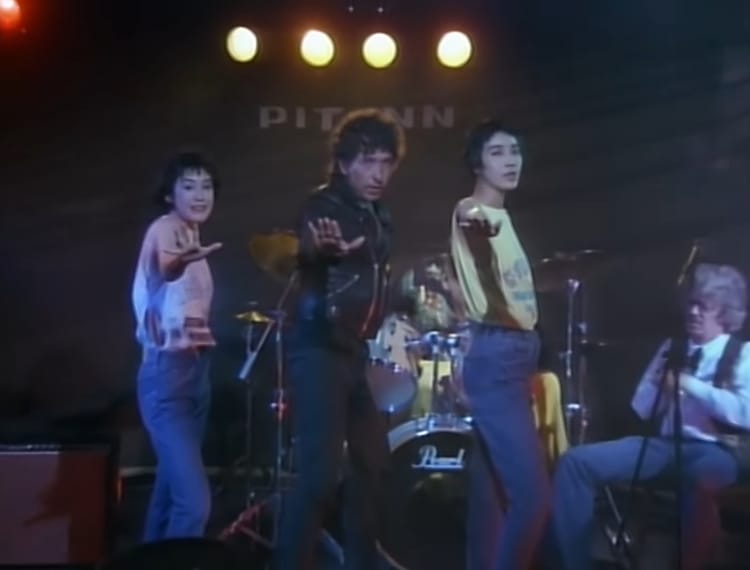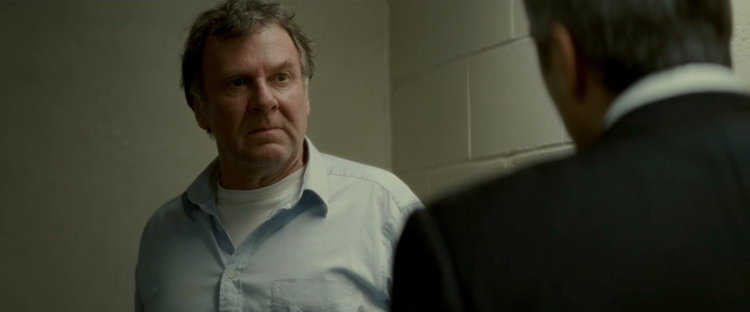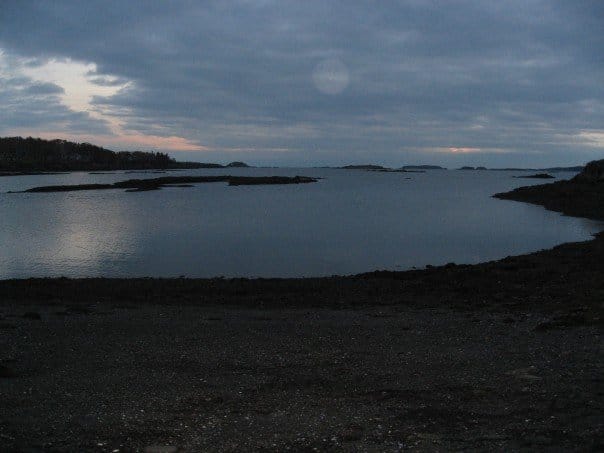"Blonde" Reviewed (Kind Of)
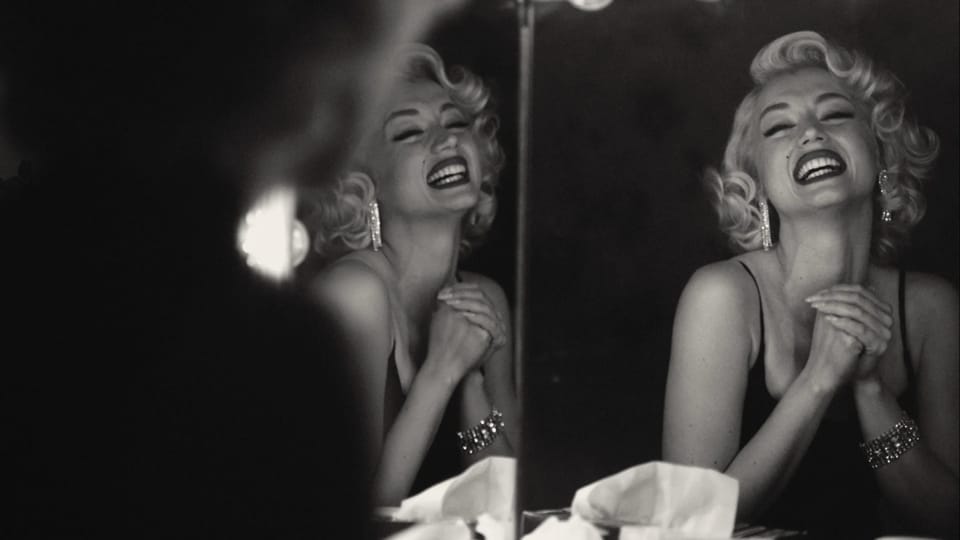
(Some Of A) Review: Blonde
In an interview with Michael Silverblatt concerning her novel Blonde, Joyce Carol Oates once described Marilyn Monroe–a woman with whom she had no personal connection save that between author and fictionalized subject–as “a woman who is purely masochistic and malleable and who will be what you want her to be…a very willing and very delightful victim.”
Oates’ comments are startling–they seem to remove Monroe’s agency while simultaneously attributing that removal to her own agency–and they lend some context to the goals of Andrew Dominik, who returns to screens this week with his adaptation of Oates’ novel, his first film in ten years. Dominik has little interest in what Monroe did, and a deep, alienating fascination with what was done–or imagined to have been done–to her.
Approximately 90 minutes into Dominik’s 166-minute exegesis on pain, we witness the filming of the infamous scene in The Seven Year Itch (1955) in which air from a subway grate sends Monroe’s skirt ruffling above her waist. The scene is depicted essentially realistically until an unseen Billy Wilder calls Cut, at which point a barely-glimpsed mob erupts in screams of ecstasy as Monroe’s skirt continues billowing in the breeze. For over 60 seconds we watch Monroe beam while her skirt flutters, the camera drifting lazily around her groin. The image cuts and cuts but never leaves the hem of the skirt and the body beneath it. Finally, the camera drifts above her head to depict an endless sea of men leering at this moment of professional objectification. The scene is disconcerting, eerie, even uncanny, and it’s likely the most effective moment of the film, distilling everything it wants to be about into a handful of images that speak for themselves. It wouldn’t be quite right to suggest the scene displays restraint, but it displays a judicious attention to Dominik’s intended effects. Unfortunately, the balance of the film fails to live up to this midpoint high water mark.
Among the tricks Dominik employs in the skirt scene is a seemingly unmotivated shift between monochrome and color, a technique he uses throughout the film. “There’s no story sense to it,” Dominik told Christina Newland in Sight & Sound, describing his guiding principle in these palette shifts. “There’s no logic to it.” That much is clear.
What else is clear, subtextually in the film but in blaring text throughout his recent press engagements, is that Dominik holds Marilyn Monroe in an immense amount of contempt. I took a break from writing this review to read Newland’s harrowing interview, in which Dominik repeatedly refers to Monroe as a whore and performs incredulous dismissal anytime Newland presents any of her many thoughtful, nuanced questions. Based on that interview, I’m actually going to sever this review prematurely. Blonde strikes me as a deeply hateful movie, and based on the hateful behavior of the man who made it, I’m not particularly interested in engaging with it any further. The remainder of this review would have considered what it means for a movie to feel cruel, the ethics of deliberately turning real people into mythologized figures, and what it feels like to watch such a deliberately stylistically disunified piece of work. But the air has really gone out of the balloon for me vis a vis talking and thinking about this movie. And since this is my Substack, I don’t have to write about anything I don’t want to, and I no longer really want to write any more about Blonde.
Sundry Ephemera
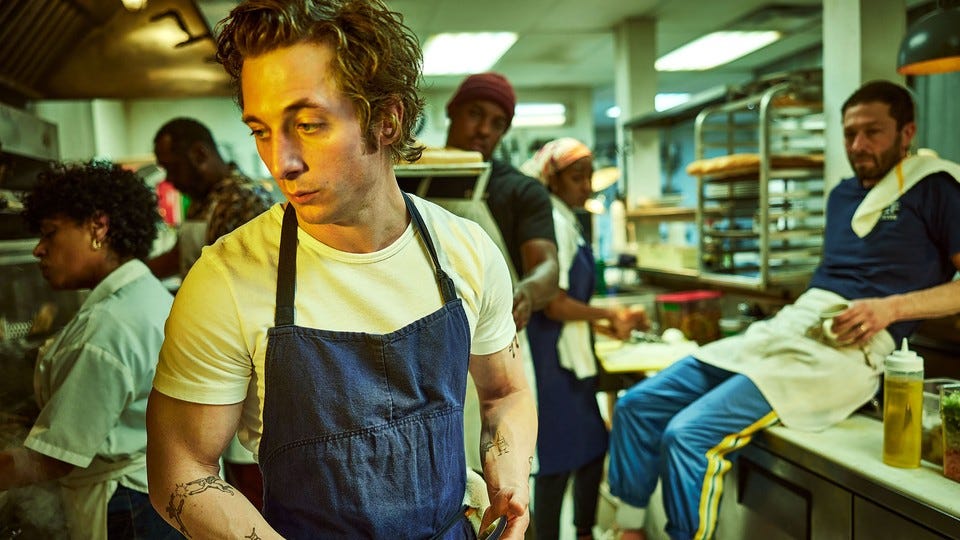
It took much of the summer, but my wife and I finally finished FX’s (or is it FX-on-Hulu’s?) The Bear, the half-hour dramedy taking place behind the scenes at a dive-y Chicago beef restaurant that’s in the process of being overhauled by the fine-dining chef recently handed the reigns by his deceased brother. This show was a sensation, so we were both a bit confused to find it generally…fine. There’s a lot I find impressive about The Bear; it’s a show made at an incredibly high level of technique and the characters are vivid and detailed. But the pieces never fully tumbled into place for me in such a way as to make it compulsive viewing–we got to episodes when we got to them and never felt in a rush to consume more.
It’s hard to know what to say when you didn’t fully click with a show that’s hit the zeitgeist this hard–I feel like a heretic just for saying “I liked it fine,” but maybe we should all liberate ourselves from the pressures of hyperbole and embrace fine-ness. So many things are just fine, and that’s just fine.
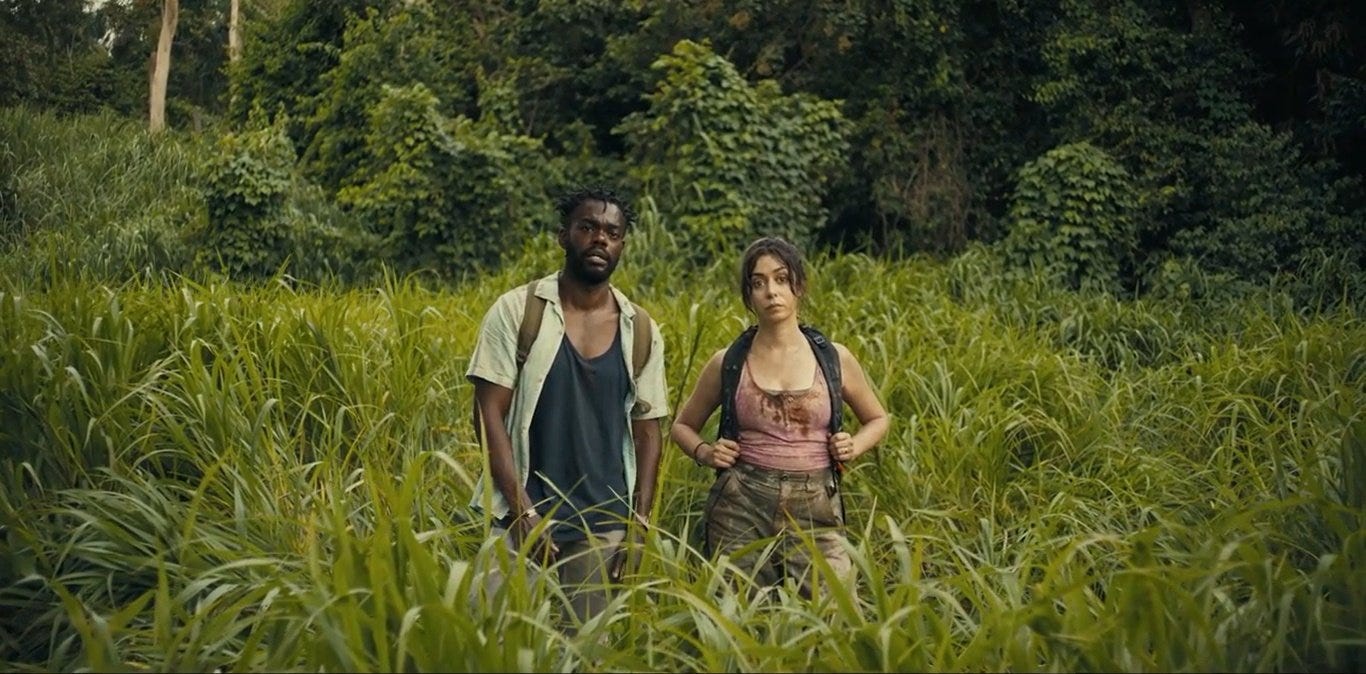
For example: Peacock’s The Resort is just fine! Another summer show, albeit one that caused a bit less of a splash, this half-hour dramedy (so, like The Bear, basically a halfway lighthearted drama) follows a couple whose tropical vacation jumps the tracks when they get embroiled in a byzantine and increasingly magic-realist decade-and-a-half year old missing persons case. The show was created by Andy Siara, who wrote one of my favorite recent movies, Palm Springs, and without going into too much detail, there are certain “back to the well” elements of overlap between that film and this series. Nevertheless, this is a distinct and confident work of storytelling that happens to stumble a little bit as it reaches its conclusion, which takes “doesn’t really add up” to new heights. The Resort is neither great nor terrible. It’s fine. It made me happy while it was on and it’s already drifting out the far side of my mind. Isn’t that kind of what summer TV is meant for?
Oh yeah, also…
I really enjoyed Alexandra Tanner’s piece on The Rehearsal, acting class, and Acting Class.
Anthony Lane published a fascinating beast of a New Yorker essay on the ways the centennial of T.S. Eliot’s The Waste Land (one of my favorite works of art) is being observed.
This week was the season finale of What a Year! and Ryan and I covered Zodiac, The Historical Conquests of Josh Ritter, and the Broadway revival of Company alongside friend of the show Grace Woodward.

